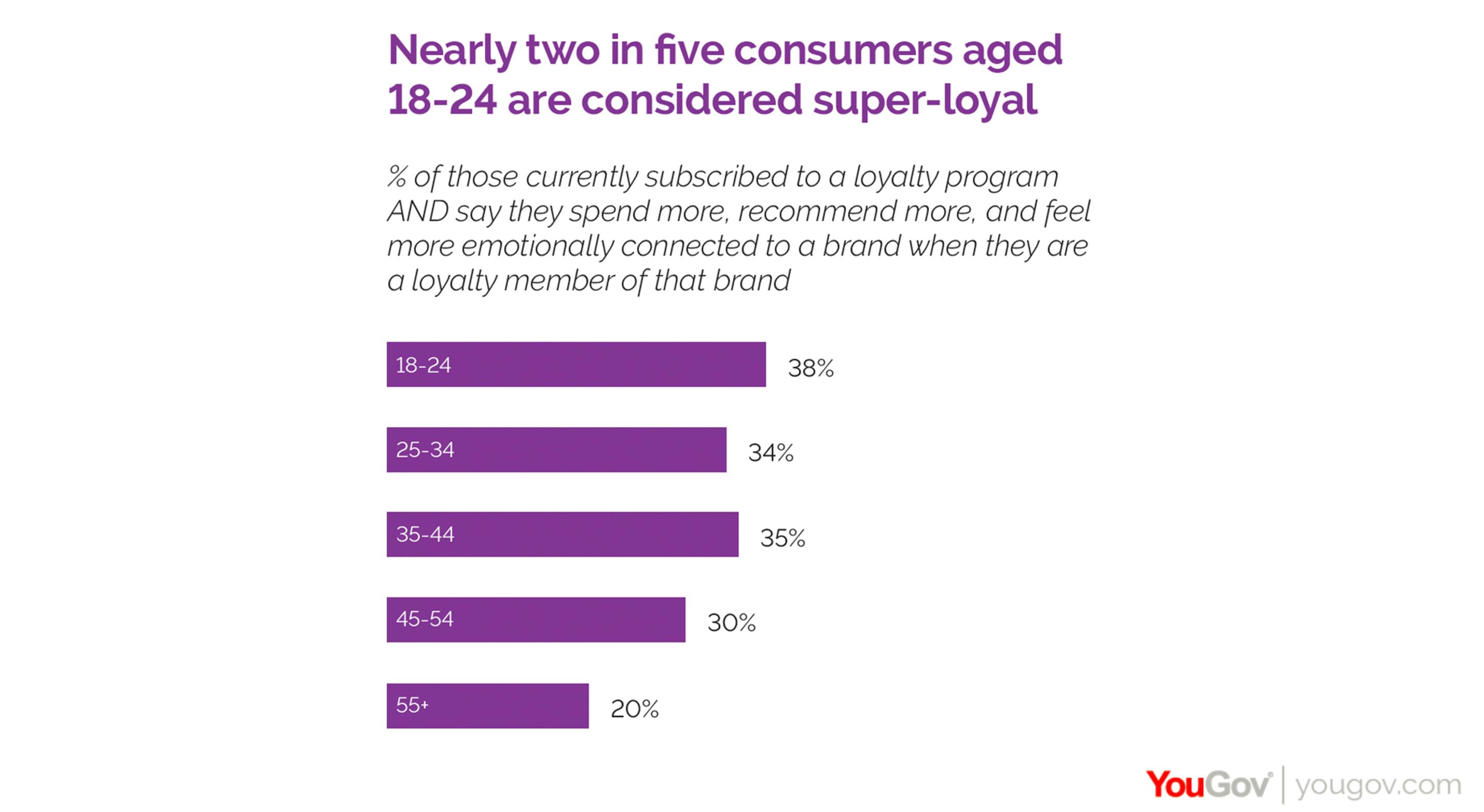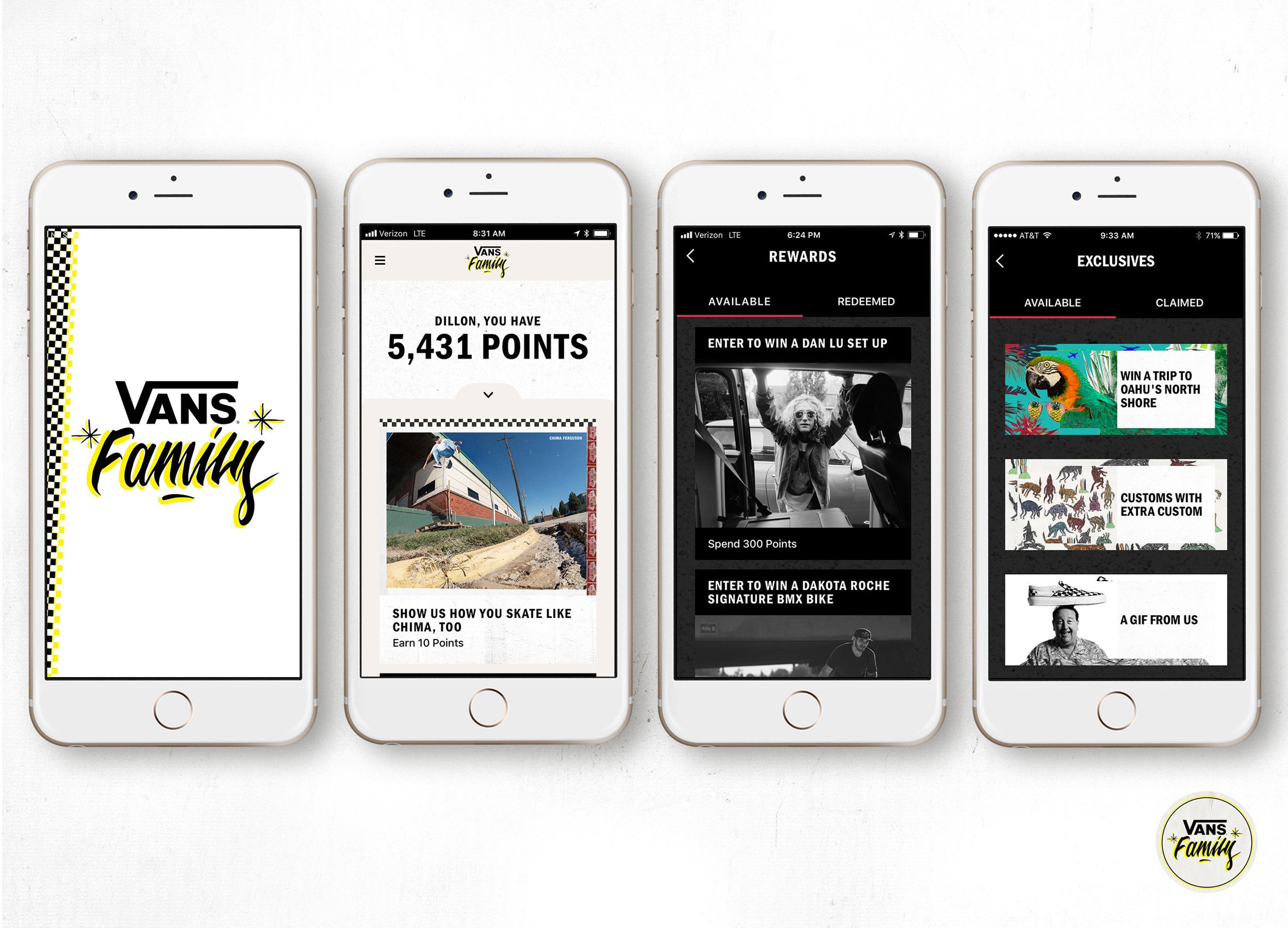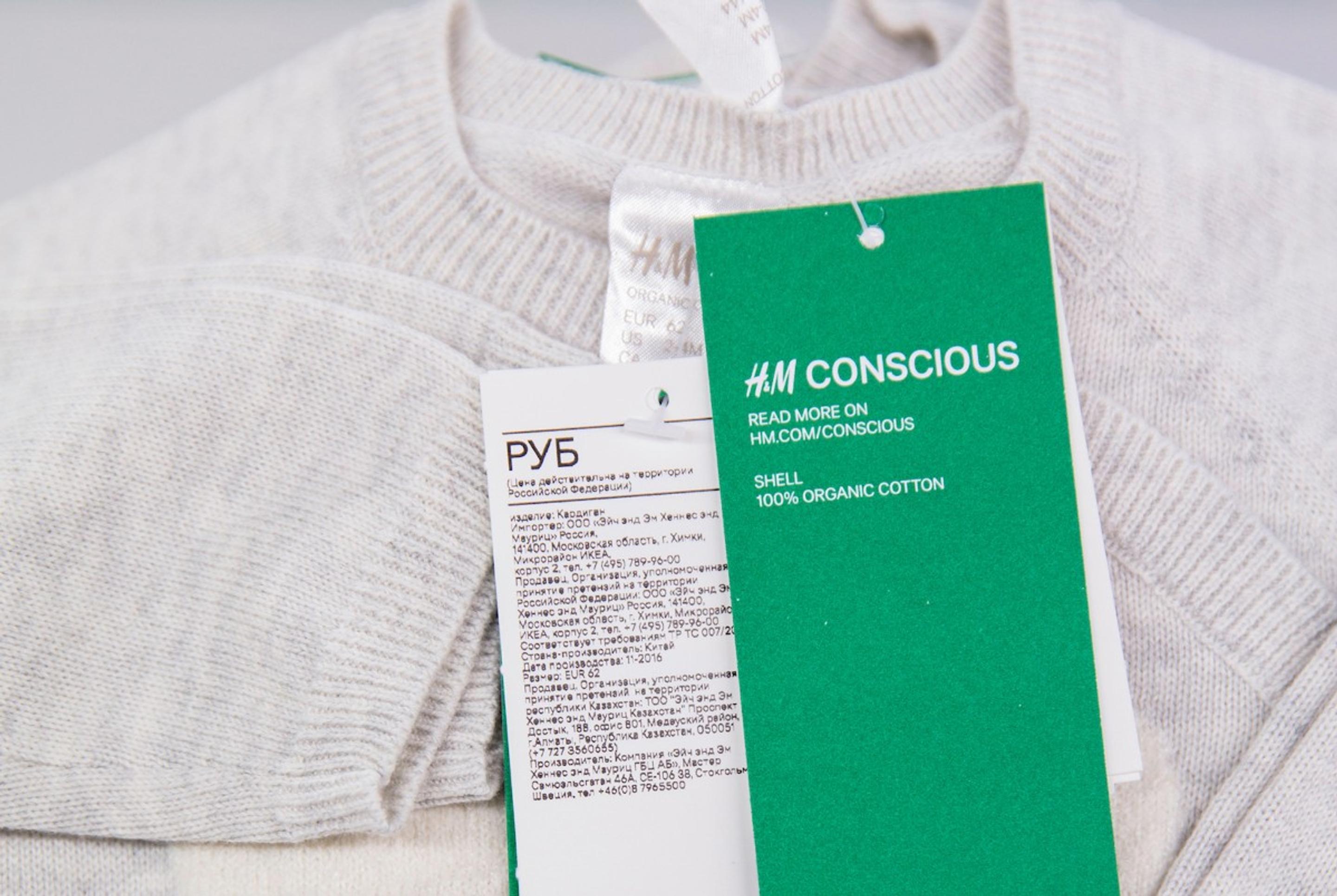Did Gen Z kill the loyalty program?

The loyalty card is dead – loyalty programs haven't completely disappeared but they've vastly evolved. One generation driving this change is Gen Z. In order for brands to attract digital natives, they've started to engage with them digitally.
Today, younger generations expect a lot more from their brands. As well as receiving the customary rewards for being loyal to a brand, they also want that brand to fit into their life on an emotional and values level.
Customers between 18-24-years-old are the least likely to sign up to loyalty programs but are also the most engaged and loyal members once they do join – meaning if brands can lock them in, they’re like gold dust.

Why you should care about appealing to Gen Z
Gen Z is the fastest growing consumer market in the UK. The incentive to reach them is huge, with loyal customers purchasing 90% more frequently – and no-one shops more than the Gen Z crowd.
But Gen Z is also much harder to sell to than previous generations. They’re more values-driven and they want brands to be part of the change they want to see in the world: 40% of them are willing to boycott a brand if it doesn’t line up with their values, compared to 16% of millennials.
Why is loyalty so hard to get right for Gen Z?
Loyalty is hard work and as most brands offer some sort of loyalty program it makes it even more difficult to engage customers.
So what can brands do to appeal to Gen Z?
Gen Z are hyper-aware and hyper-connected. They’re tech-savvy and have been raised on the internet and with digital products in their hands. They can also be fickle and hard to reach: for example, Gen Z say they love loyalty programs but aren’t joining them.
Loyalty needs to be cross-channel
Traditional loyalty programs don’t appeal to Gen Z. As Gen Z have grown up with tech, they expect brands to have solutions to their problems in a digital solution they can take with them anywhere. But that doesn’t mean they want their rewards to be digital too.
Gen-Z interact with brands cross-channel: online, on apps, social media, and in-store. Though COVID19 has seen a surge in eCommerce, brick-and-mortar and physical experiences are still really important to Gen Z. Brands need to think about their loyalty program being omnichannel, and delight and surprise members with rewards that make them feel like a VIP.

For example, Vans’ loyalty program, Vans Family, surprises members with packages, which include trainers, water bottles and caps, and members can get exclusive and early access to products. Members can easily manage their membership through the app, which allows them to track points and redeem rewards, keeping the control in their hands.
This loyalty program helped Vans grow its members to 12 million in just 2 years. It has also seen an increase in spending by loyalty members vs. non-loyalty members, with its loyalty program being responsible for more than half of its DTC revenue. Now that’s a loyalty program that really works!
Brands need to uphold their values
Gen Z are also more aware of woke-washing and expect these values to be reflected in the brands they shop with. This generation is more likely to walk away from brands that don’t uphold their values; it has created an interesting paradigm whereby shopping has morphed into a more demographic hierarchy of power between brands and customers. This means that, more than ever, consumers now have the power to shape brands beyond their products.

Brands like H&M have incorporated these values into their their loyalty programs. The H&M loyalty program rewards customers for buying from its Conscious line, which are its more sustainable choices.
Whenever a member purchases from this line, they receive Conscious points – these can also be earned by recycling clothes they no longer use in its Garment Collecting program. Members who recycle receive points and a digital voucher.
As Gen Z are on the constant lookout for value but also a more sustainable future, members of H&M’s loyalty program can feel good for being part of a loyalty program that not only rewards them but also works toward a more sustainable fashion future.
These days, in order for brands to successfully appeal to the younger generation, they need to evolve beyond their products and services, and reflect the lifestyle of their consumers.
Brands can foster more loyal customers by thinking beyond loyalty points and rewards but appealing to consumers on a much more human level and thinking about loyalty as a relationship between their business and their customers.





